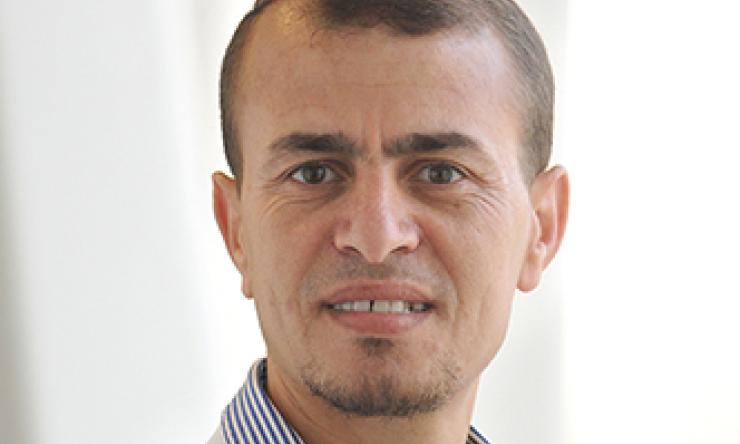About the Lab
The Mohammad Lab is interested in studying the effects of dietary fatty acids of varying carbon chain length (short, medium, and long) on adipose tissue expansion, the development of obesity, and associated metabolic disorders (e.g. insulin resistance, and fatty liver).
We utilize stable isotopic tracers in conjunction with Gas Chromatography Mass Spectrometry (GCMS) techniques that we developed and optimized at the CNRC’s Stable Isotope Core Lab to study organ-specific uptake and metabolism of various fatty acids.
Obesity has been associated with increased dietary fat intake; however, not all fats are the same. Based on their fatty acid composition, different types of dietary fats have unique metabolic pathways, elicit diverse metabolic responses and have distinct health consequences. Accordingly, manipulating dietary fat composition to enhance metabolism or satiating properties of food could be a potential tool to combat obesity and its related disorders.
Primary Investigator
Dr. Mohammad's research interests: effects of dietary fatty acids, development of obesity, metabolic disorders, stable isotopic tracers, gas chromatography mass spectrometry.
USDA/ARS Children's Nutrition Research Center

The Mohammad Lab is part of the Children's Nutrition Research Center which houses state-of-the-art laboratories, a vast array of equipment, a greenhouse, observation labs, research volunteer accommodations, a metabolic kitchen, and an elite group of scientists conducting groundbreaking research.
Mahmoud Mohammad Lab
USDA/ARS Children's Nutrition Research Center
1100 Bates, Room CNRC 7024
Phone: (713) 798-0386 / Email: mohammad@bcm.edu









